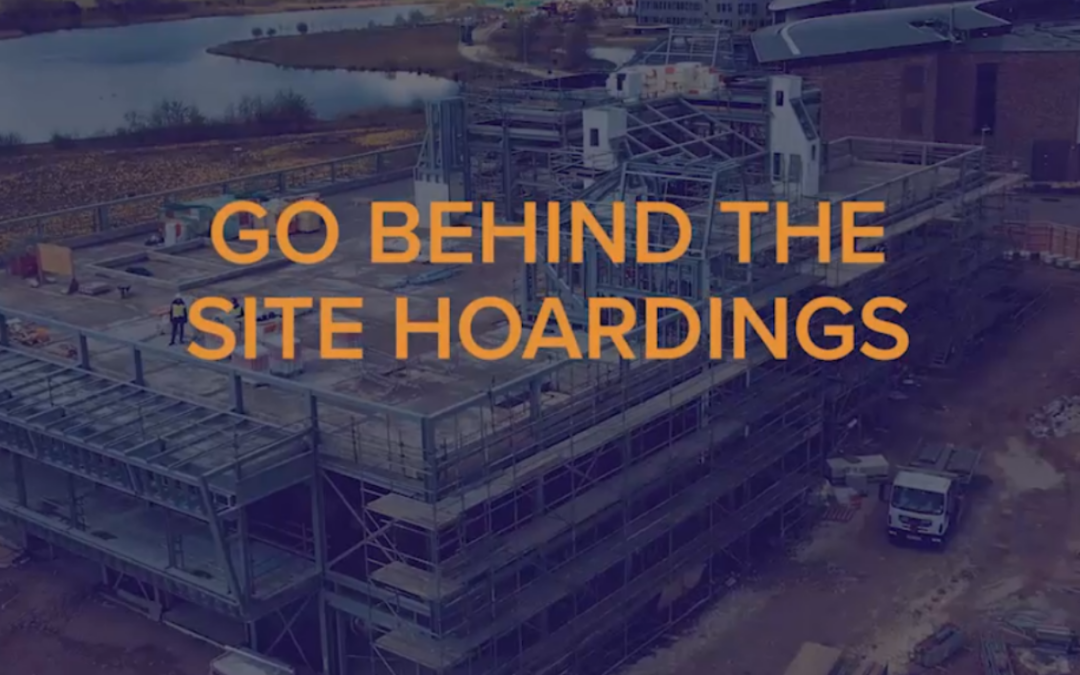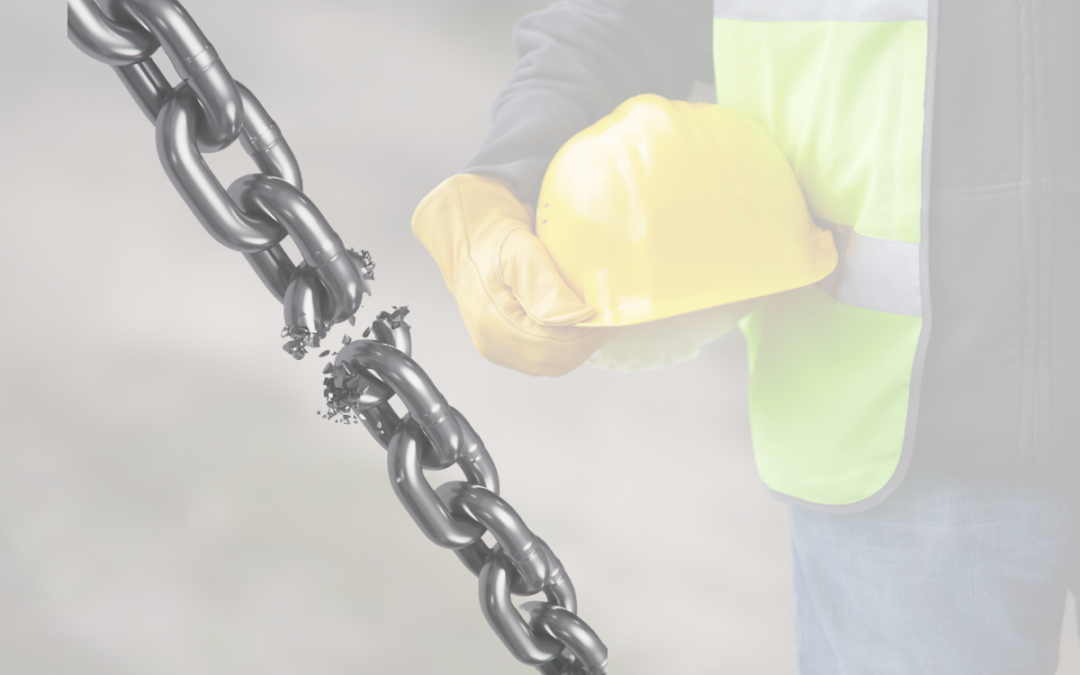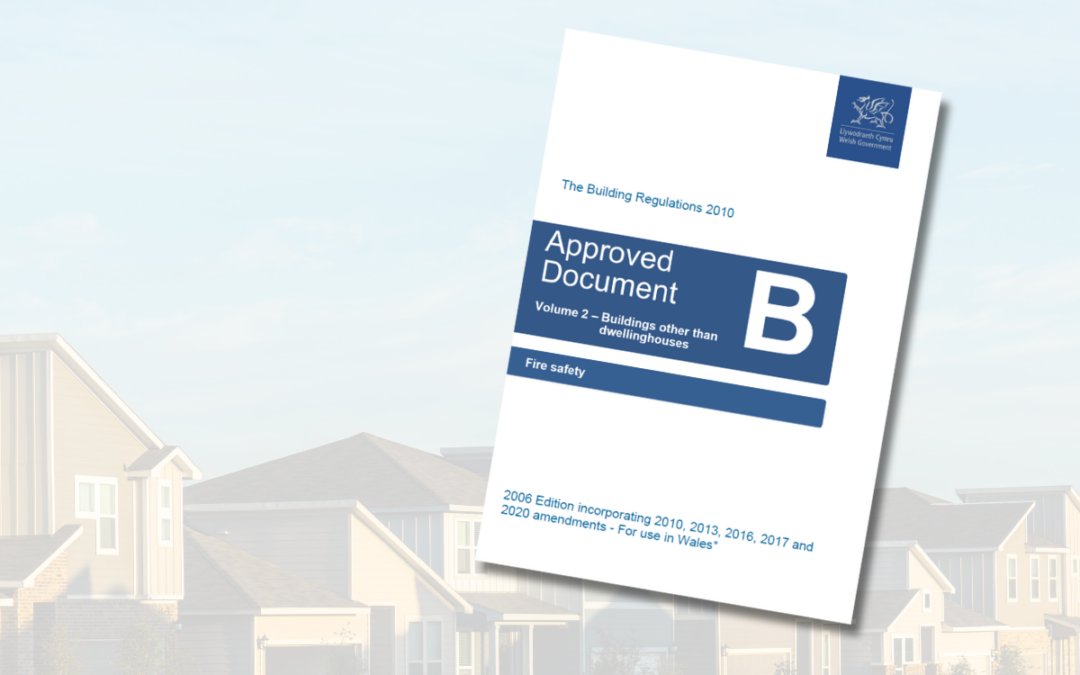
by Oscar Venus | 25 Jan, 2024 | Membership
TradePoint is offering exceptional benefits to FIS members, including a great deal on hiring tools, with free delivery and collection service. You can hire the tools you need for a week or even just for the weekend, so there’s no need to worry about the duration of your project.
Their range of tools and equipment are fully tested and come with accessories included, ensuring you have everything you need to complete your project with ease. With dedicated customer support, you can rest assured that you’ll have access to professional assistance if you have any questions or concerns.
The best part? No deposit is required, which means you can get started on your project right away without any financial burden. Whether you’re working on a DIY project or a professional construction job, TradePoint is the perfect solution to all your project needs.
Are you an FIS member? Access your TradePoint card here

by Clair Mooney | 15 Jan, 2024 | Main News Feed, Skills
FIS is encouraging its members to get involved in this year’s Open Doors event which allows young people and career changers to visit construction sites and workplaces across Great Britain from Monday 18 – Saturday 23 March. This is our chance to showcase the range of career opportunities available in our sector.
Open Doors, delivered by Build UK of which FIS is a member, offers a unique insight into what it is like to work in construction by taking visitors behind the scenes to showcase the diverse range of opportunities available in the industry.
Construction needs to recruit almost 45,000 new entrants each year, and Open Doors aims to show that the industry offers exciting and rewarding careers for everyone – whatever their age, background or skills.
Schools and colleges can book group visits for their students to discover first-hand what the industry has to offer, including a wide range of apprenticeships. New events will continue to be added over the coming weeks, so keep an eye on the Open Doors website for events taking place in your local area.
Visitors can book their place now at more than 150 events already registered across England, Scotland and Wales. From high profile projects – including One Leadenhall in London, the new Aquatics Centre in Manchester, and the Paisley Museum in Scotland – to manufacturing facilities, offices and training centres, Open Doors enables visitors to see the industry in action and learn more about the 180 careers available.
Julie White, Chair of Build UK, said:
“I am passionate about making the world of construction open and accessible to as many young people as possible, so they can see all the different career opportunities there are in our industry. Open Doors is a fantastic way to find out more about the amazing things we build and what the industry has to offer, so book your visit today to see where a career in construction could take you.”
Michael Oppong, Management Trainee Quantity Surveyor at Willmott Dixon who attended an Open Doors visit in 2015, added:
“Open Doors definitely sparked my interest in a career in the construction industry. I have since taken the degree-level apprenticeship route, combining on-the-job training with university studies. I would encourage everyone to attend an Open Doors visit and consider a career in the industry – just like me!”

by Oscar Venus | 12 Jan, 2024 | Market data
The CLC has released a statement on Reporting on Payment Practices and Performance (Amendment) Regulations 2024
On Wednesday 10 January the Department for Business and Trade (DBT) laid the Reporting on Payment Practices and Performance (Amendment) Regulations 2024.
These Regulations amend existing regulations, which impose a requirement on large companies and limited liability partnerships (LLPs) to publish certain information twice per financial year about their practices, policies and performance in relation to paying suppliers. These Regulations extend the Principal Regulations and the LLP Regulations beyond their current sunset date of 6 April 2024 to 6 April 2031 and require additional information to be reported by qualifying companies and LLPs. This includes requirements for qualifying companies to publish information on the value of payments made within a qualifying period and information on payments that were not paid under qualifying contracts. The Regulations can be found here.
The Government response to the public consultation on the amendments to the Payment Practices and Performances Regulations 2017 was published alongside the Autumn Statement 2023, and confirmed the introduction of a requirement for qualifying businesses that are parties to construction contracts to report on their retention payment policy and key statistics in relation to retentions.
Legislation for the new retention reporting requirements is expected to be laid before Parliament in 2024. It is anticipated that qualifying business will commence data collation and include in their payment practices and performance reports during 2025.
FIS CEO Iain McIlwee added:
“It is great to see the changes that were announced in the Autumn are being carried into law, but a bit disappointing that we have to wait until 2025 before we start to see the benefit. This is an area where FIS has long been calling for reform and has repeatedly highlighted the limitations with current reporting requirements that mask some serious underlying problems. The new requirements will provide a more realistic measure of late payment of construction invoices and highlight problems related to retention and disputed invoices.
This is a positive step, but better measurement is not in itself change. As we head to the next General Election we will continue to lobby for reform of payment certification and retentions in construction and I am hopeful that the data that will start to come through will support our calls for change. New Zealand recently legislated for retentions to be held in trust and the EU are bringing forward far tougher late payment regulations. In the UK we are way behind on this and the supply chain is, as a consequence, getting even harder hit by the current levels of insolvency.”

by Oscar Venus | 11 Jan, 2024 | Market data
The new R&D tax credit scheme, slated for launch in April 2024, has been closely followed by investors in construction innovation. The government has increased the tax credit from 1 April 2023 to 20% of qualifying expenditure, which is an excellent incentive to boost construction productivity. However, there were initial concerns that the text implied a restriction in claiming the tax credit in cases where the R&D stemmed from sub-contracting, which would have been disastrous for many SMEs and large businesses in the construction sector.
Following close engagement with the government, the Construction Leadership Council (CLC) is pleased to report that specific positive references to subcontracting and the construction industry have been included in the Autumn Statement, with the aim of preserving current eligibility for the tax credit. The CLC, however, had valid concerns regarding the draft wording of the legislation released in the Draft Finance Bill 2023-24, which could still pose problems for the construction industry, where R&D activities had been “contemplated” further up the chain. The CLC is committed to ensuring that the R&D tax credit remains available to all firms in the construction supply chain that initiate their own R&D activities. HMT and HMRC have confirmed their willingness to work with the CLC and other industry professionals to ensure that the guidance is clear and that the final legislation reflects the position in the Autumn Statement. Real-world examples and case studies, including those from the construction industry, will be included in the guidance note, which should be available by early 2025.
Miranda Chamberlain, Group Head of Tax at Mace Group, shared these important updates.

by Clair Mooney | 11 Jan, 2024 | Skills
FIS is continuing its work with No Going Back, an initiative to support prison leavers, and an opportunity has come up to visit HMP Brixton.
The visit will take place on Thursday 25 January from 9am and we are looking for members to join us to explain the pathways into the sector and how they can build a lasting career.
The individuals attending this event are within their release window and have an interest in drylining and construction, as well as those actively enrolled in the drylining workshop.
Instructors at HMP Brixton will provide details on the training individuals have undertaken during their sentence. Additionally, No Going Back and Employers can deliver an overall presentation (a talk on the company and pathways to roles in the industry) and men could showcase different drylining tasks.
There will then be dedicated time for one-on-one sessions between employers and the prison leavers.
If you can support this event, email beenanana@thefis.org by Tuesday 16 January as the prison will then be able to promote the event.

by Clair Mooney | 11 Jan, 2024 | Technical
FIS has responded on behalf of, and in conjunction with the views of it’s members to a consultation from the Welsh Government regarding changes to Approved Document B this week. The proposed changes were broadly similar to the changes that we saw to ADB in England at the end of 2022, but also encapsulated the consultation on the removal of National classifications for Fire Resistance and Reaction to Fire from ADB.
We re-asserted our position strongly highlighting the downsides of removing national classifications for fire resistance without provisions around the gaps that exist in the EN testing regime and a sensible timeframe, that is consistent with our previous position paper from the English consultation last year (https://www.thefis.org/wp-content/uploads/2023/03/FIS-Position-paper-on-Omitting-National-standards-from-ADB-March-2023.pdf). Our response to other issues such as the ban on use of combustible materials in and on external walls of buildings and other areas where more clarity is required were consistent with the English changes seen at the end of 2022 and the views of our colleagues at the Construction Products Association.
If you would like to see the full text of our response, please contact jamesparlour@thefis.org

by Clair Mooney | 10 Jan, 2024 | Main News Feed
The government has published guidance setting out how holiday pay should be calculated for part-year and irregular hours works, as well as other 2024 holiday pay changes. The guidance advises how employers should apply the recent changes to the holiday pay provisions of the Working Time Regulations.
It sets out:
- changes relating to the amount of leave that can be carried over, removing the regulations that allowed workers to carry over leave that could not have been taken because of the Covid-19 pandemic.
- how statutory holiday entitlement is accrued and calculated
- what calculations an employer should do if an employee leaves a job part-way through a leave year, to check they have received the statutory minimum or if a payment in lieu is necessary
- definitions for an irregular hours worker and part-year worker and provides examples for each
- how statutory entitlement is accrued by part-year or irregular hours workers while they are on maternity or other family-related leave, or off sick
- how employers should calculate rolled-up holiday pay
FIS Associate Service Provider Member Citation has produced a simple free guide to everything you need to know about managing annual leave, updated with the latest rules which can be downloaded here.
What’s inside?
- The latest employment law changes
- Holiday entitlement and pay
- Carrying over and accruing holiday
- Rolled-up holiday pay

by Clair Mooney | 10 Jan, 2024 | Main News Feed
FIS and The Get It Right Initiative (GIRI) have announced an exciting new collaboration to help reduce error and increase productivity in the finishes and interiors sector.
FIS and GIRI have worked closely together in recent years. This new agreement formalises this arrangement and will support both organisations to develop their work through the supply chains, share best practice ideas between different parts of the construction sector and ultimately drive transformational improvement in tackling errors and increasing productivity.
The core objectives of this reciprocal membership deal are:
- Improving knowledge exchange and highlighting best practice guidance to help inspire and inform change
- Supporting training that underpins competence and improves productivity
- Collaborating to understand and eliminate mechanisms for error
- Informing design and encouraging better process management
FIS CEO Iain McIlwee said:
“Collaboration, breaking out of silos and challenging the status quo are essential to delivering the change. Giri have always provided a platform to do this, from the initial research into the cost of error through to the amazing training that they have developed. The work they are doing around error and retention is potentially groundbreaking and we are keen to throw our weight in and support this work, share and test our key resources and learnings with Giri and to plug our members draw in to this amazing network.”
Cliff Smith, GIRI’s Executive Director said:
“Collaboration is key to change. FIS are a leading sector body with a wealth of deep sector-based knowledge and some excellent guidance available. The potential is huge. FIS share our values about the need for collective research and better collaboration to support data-led change. This combined with their ability to draw together companies from across the supply chain will link well with the systemic and wider sector focus that GIRI brings to help deliver our shared ambition for positive transformation.”
Areas of focus will include supporting the work that GIRI is leading with Cranfield University and the Construction Leadership Council around establishing an Error Frequency Rate that can be used in efforts to eliminate the need for retentions. Critical to success is gathering anonymous data to tackle the root causes of our defects ‘culture’. This is something FIS will be following up through Working Groups, but members keen to get involved at the early stages should contact cliff.smith@getitright.uk.com.
An early opportunity for FIS members to learn more about the work of GIRI is the GIRI Members’ Meeting due to take place at the Institute of Civil Engineers in London on the morning of 14 February. FIS has a number of guest tickets to distribute to FIS members for this meeting. Members interested in attending should email greggreves@thefis.org
For further information or for any questions please contact the FIS at info@thefis.org or call 0121 707 0077.

by Clair Mooney | 4 Jan, 2024 | Main News Feed
HSE has guidance on protecting workers in low temperatures during the winter, particularly those working outdoors.
It includes an overview of the legal duties for employers, together with a checklist for performing a basic risk assessment. There is also specific guidance on avoiding slips and trips which are more common in winter.
For employment support and guidance, take a look at the FIS Employment Toolkit.









